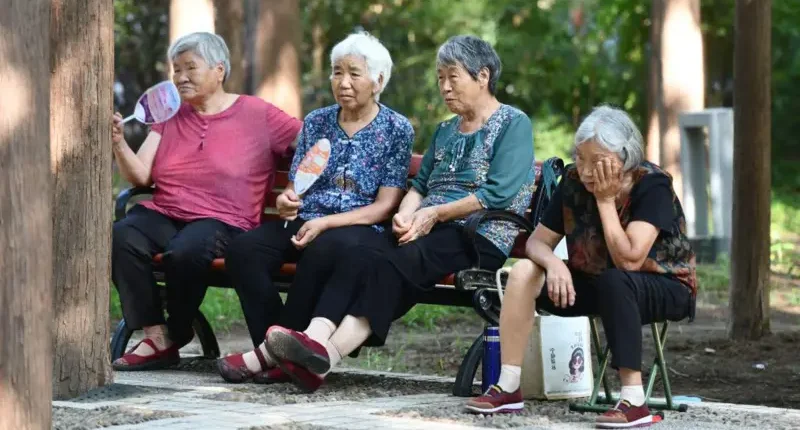China has announced a significant shift in its retirement policies, with the top legislative body approving a gradual increase in the statutory retirement age for the first time since the 1950s. This move aims to address the country’s aging population and growing pension budget concerns. The policy changes, approved on Friday, will take effect starting January 1, 2025, and will see retirement ages rise incrementally over the next 15 years.
Under the new plan, women in blue-collar jobs will see their retirement age increase from 50 to 55, while women in white-collar professions will retire at 58, up from the previous age of 55. Men will face a more substantial change, with their retirement age set to rise from 60 to 63.
The adjustments make China’s retirement ages among the lowest globally, and the new policy reflects a broader trend of aligning with international standards, where many European countries have retirement ages between 65 and 67. The phased implementation is designed to ease the transition, with retirement ages incrementally raised every few months over the 15-year period.
The changes are coupled with increased requirements for pension contributions. Beginning in 2030, employees will need to contribute more to the social security system to qualify for pensions. By 2039, workers must accumulate 20 years of contributions to access their retirement benefits.
China’s pension system is under significant strain due to its rapidly aging population. The Chinese Academy of Social Sciences warned in 2019 that the state pension fund could deplete by 2035, an estimate made before the economic disruptions caused by the COVID-19 pandemic.
The new retirement policy has sparked a range of reactions on Chinese social media. Some users expressed frustration and skepticism, suggesting that further delays in retirement might be on the horizon. “In the next 10 years, there will be another bill that will delay retirement until we are 80,” one user commented on Weibo. Another lamented, “Middle-aged workers are faced with pay cuts and raised retirement ages. Those who are unemployed find it increasingly difficult to get jobs.”
Others viewed the changes as anticipated and necessary. “This was expected,” one user noted, pointing out that many European countries have similar retirement ages and that China is merely following a global trend. As life expectancy rises to 78.2 years, the new retirement policy aims to balance the need for a sustainable pension system with the realities of an aging society.









